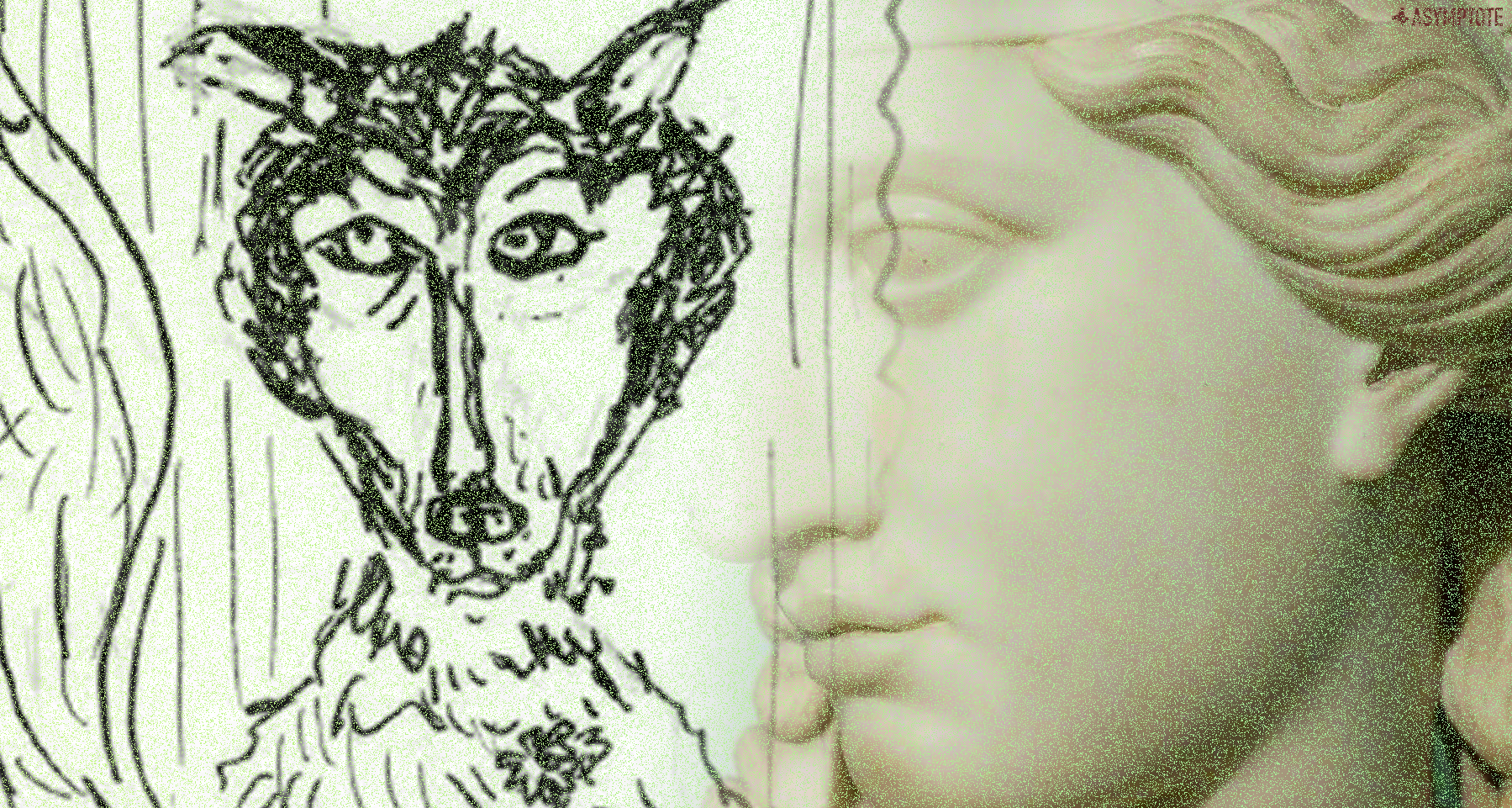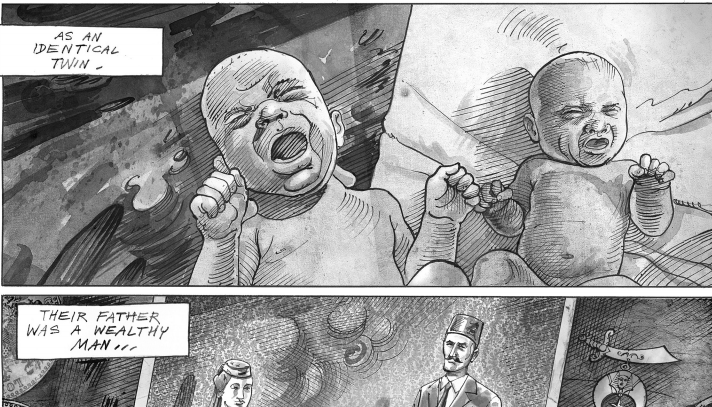In our new column, Retellings, Asymptote presents essays on the translations of myths, those enduring stories that continue to transform and reincarnate. Here, Hilary Ilkay considers the contemporary rendition of an ancient tragedy by Euripedes, as told by poet Anne Carson and artist Rosanno Bruno in the acclaimed The Trojan Women: A Comic.
Thanks to cinematic blockbusters like Troy and Emily Wilson’s bestselling translation of Homer’s Odyssey, the story of the Trojan War has established itself within the cultural mainstream. However, its continual revival is not just a contemporary phenomenon; as early as 5th century BCE, the mythical war had already taken on legendary status, and was ripe for adaptation and retelling.
Arguably the most tragic of the ancient Greek tragedians, Euripides’s plays are infamous for their bleak explorations of human hubris and divine cruelty. In his lifetime, as Athens was embroiled in the Peloponnesian War, a violent 27-year conflict with rival city-state Sparta, Euripides drew on the Trojan War specifically to reflect on the uncertainty of his time, making a connection between Athenian imperialism and the Greeks’ pretense of invading Troy for the sake of a single woman. Taking its cue from the ending of the Iliad, which features funeral laments from three women characters, Euripides’s play The Trojan Women casts a spotlight on the fates of the wives, mothers, daughters, and sisters of the male heroes—who typically occupied center stage in narratives of war. As a focused treatment of women’s suffering rarely seen in ancient Greek tragedy, the play is a brutal exploration of the commodification of women’s lives and bodies, as well as the ambivalence of “surviving” a tragedy when those remaining have lost all sense of meaning, stability, and security.
Given Euripides’ interest in the experience of women and the retelling of myths, it’s no surprise that his legacy continues through the work of poet and translator Anne Carson, who has received much acclaim for her rewritings of Greek classics. Carson constantly stretches the boundaries of translation in her work, dramatizing how every translation is necessarily its own “version” of the source material and not necessarily a “faithful” replica. In 2006, she published her loose translations of Euripides’s lesser known tragedies under the title Grief Lessons; in 2019, she adapted his infamously bizarre play, Helen, into Norma Jeane Baker of Troy, which interweaves the stories of Helen of Troy and Marilyn Monroe. READ MORE…








